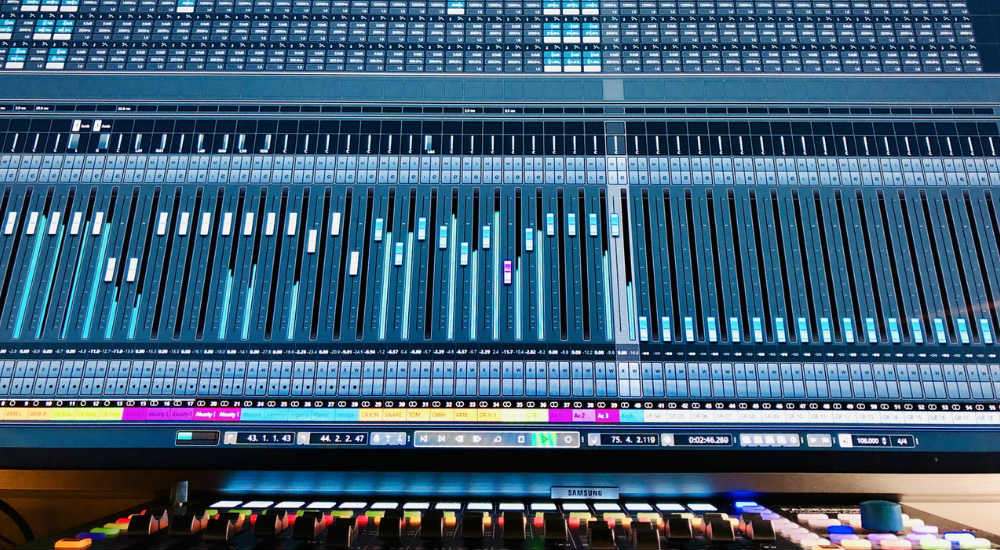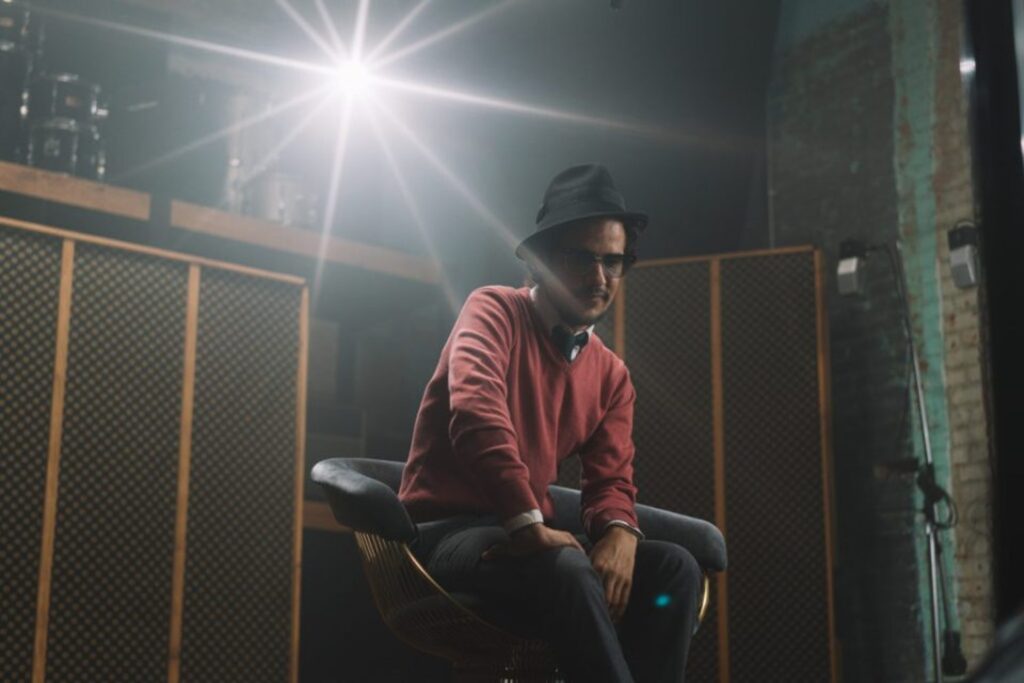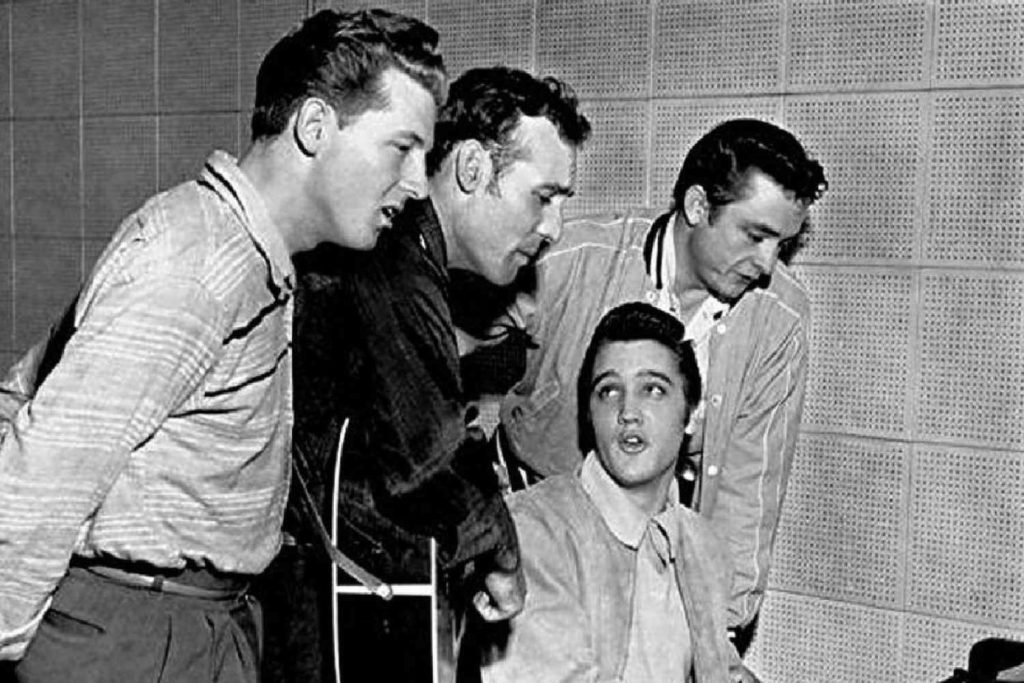Audio engineers are perhaps some of the most qualified individuals to comment on this particular subject. Flipping through the classifieds section of your local newspaper isn’t likely to get you a seat at the mixing desk, which can make pursuing a career in audio a daunting experience. In Charlotte Rochecouste’s case, her role at the acclaimed Studios 301 can be traced back to her decision to enrol at Abbey Road Institute.
“I was a massive beginner when I first started,” says Rochecouste. “I was just getting into audio engineering and producing, but I was making a lot of mistakes that I didn’t even realise I was doing because it’s such a big concept to try and learn by yourself. It’s such a hard thing to do. Audio is really challenging at first, so Abbey Road really laid down the foundation of what things were – what is signal flow, what microphones do, polar patterns, all this technical stuff that helps you understand audio.”
To prepare for a career in such a competitive industry, Rochecouste returned to the ever-reliable mantra that fuels success: practice makes perfect. Enabled by the world-class facilities at ARI, Rochecouste knuckled down and amassed an incredible 156 hours of studio time in just one trimester, a sure factor in her subsequent success.
“Access to the studios and being encouraged to use the studios was a massive thing for me, because you can know all of the academic knowledge, but if you don’t do it then it’s kind of pointless,” says Rochecouste. “Audio is an extremely hands-on thing and you need to touch things, you need to hear things, you need to experience it. Being able to use the studios [at Abbey Road Institute] after we’ve had a lesson and we’ve just learned this new thing and being like, ‘Ok, let’s go try that out,’ was really cool because it made it more real and hands-on.
“Using the studio is so important because if you want to do engineering, you’re going to be in situations where you have to think really quickly and get sound working. If you know how studios work and how signal flow works, then you will most likely be hired over someone who doesn’t know that much and can’t work as quickly as you do.”
Honing your craft is one major factor when following your career aspirations, but being in the know should never be underestimated. Studying any creative course will ensure you hear the word ‘networking’ more times than you can count – and for good reason. Sometimes it’s not just about what you know, but who you know.
“Hustle and collaboration is really important, and it doesn’t come naturally to some people,” says Rochecouste. “To be honest, I didn’t really do it at the start [of my study] because I was pretty reserved and nervous and thinking, ‘I’m not good enough yet to go and talk to clients. I don’t feel like I could pull off a session.’ That’s perfectly normal to feel like that when you first start out. If anything, just do what you’re comfortable with and practise with yourself and then when you feel like you’re at a level where you can collaborate with other people, then reach out to people – anyone you know, even in your own circle.
“Who cares what you make [or] if it sounds really bad? At least you’re going to be in the studio and practising. You don’t even have to finish the work. It’d be nice to finish a song, but even if you get in and just do something, it gets you closer to being better.”
Internships are one of the more frequently discussed pathways in the creative industries. Things have changed in the last decade, and being an intern at a music company no longer means your days are limited to fetching coffees. Instead, internships are viable options to gain hands-on experience, put your skills to the test, and prepare yourself for a career in the industry. Rochecouste knows this better than most. As part of her studies with Abbey Road Institute, she secured an internship with Studios 301 and the rest, as they say, is history.
“That internship was an extremely pivotal moment and has really changed my life,” she says. “I was recommended by Abbey Road Institute because Simon Cohen, the amazing vocal producer at 301, wanted an assistant as part of his vocal chain. Abbey Road knew that I was a vocalist and really loved vocals, and I did a lot of vocal production [because] that was where I was passionate. I went through the process and got the internship and started working alongside Simon. It’s just been amazing because I have learned so much about workflow and efficiency and systems and how to really get an incredible vocal sound, how to work with artists and session management, personable skills – so many skills, and mixing skills, just so many things to learn about how to run and create incredible sounding vocals that make the artist happy.”
Rochecouste’s work as an intern and now as an employee with Studios 301 has seen her work with some of the biggest names in the industry, with clients ranging from Thelma Plum and L-FRESH the LION to hip-hop heavyweights A$AP Rocky and Rae Sremmurd. It’s been a long road full of hard work and dedication, and Rochecouste recognises the institute that made it possible.
“I love coming back to Abbey Road. It feels like a second home because I was here so long. It’s really nice to see the teachers and the students and to see how the place is going because you want it to be like a haven, you know what I mean? You want it to feel like you could just come here and hang out.”
Find out more about how to kickstart your career in audio at Abbey Road Institute.







